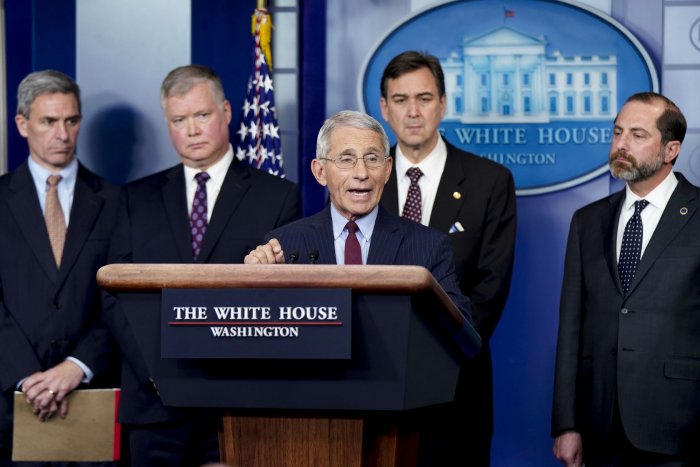July 20 (UPI) -- The White House is reviewing policies to see if social media companies are legally liable for misinformation about COVID-19, President Joe Biden's communications director said Tuesday.
Surgeon General Dr. Vivek Murthy called misinformation about the coronavirus an "urgent" public health threat and Biden's administration has previously noted the importance of mitigating false information being spread online.
Tuesday, White House Communications Director Kate Bedingfield said platforms like Twitter and Facebook should do more to tamp down on false information.
"We're reviewing that, and certainly they should be held accountable," Bedingfield told MSNBC. "And I think you've heard the president speak very aggressively about this. He understands this is an important part of the ecosystem."
Related
Supporters say Section 230 of the Communications Decency Act should be amended to make social platforms liable when users post false information that could cause harm to Americans.
"It is a big and complicated ecosystem and everyone bears responsibility to ensure that we are not providing people with bad information about a vaccine that will save their lives," Bedingfield added.
A study from the Annenberg Public Policy Center at the University of Pennsylvania found people who rely on conservative media have much less confidence in public health officials like Dr. Anthony Fauci, and are much more likely to believe misinformation about the vaccines.
To date, the United States has seen more than 34 million coronavirus cases and more than 600,000 deaths, the most in the world.
Centers for Disease Control and Prevention Director Dr. Rochelle Walensky told reporters that people who have not been vaccinated "remain susceptible," especially from the Delta variants, and are at elevated risk of severe illness and death.
Data show that more than 99% of the people who have died of COVID-19 "over the last few months" were unvaccinated, Walensky added.
In a report last week, Murthy called for increased monitoring of misinformation by technology platforms.















